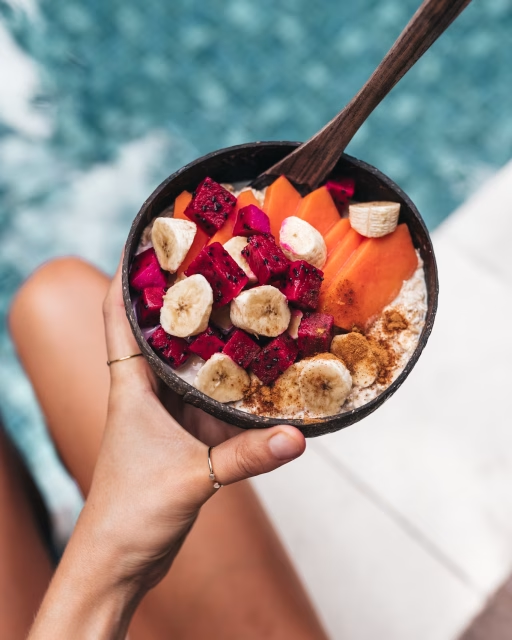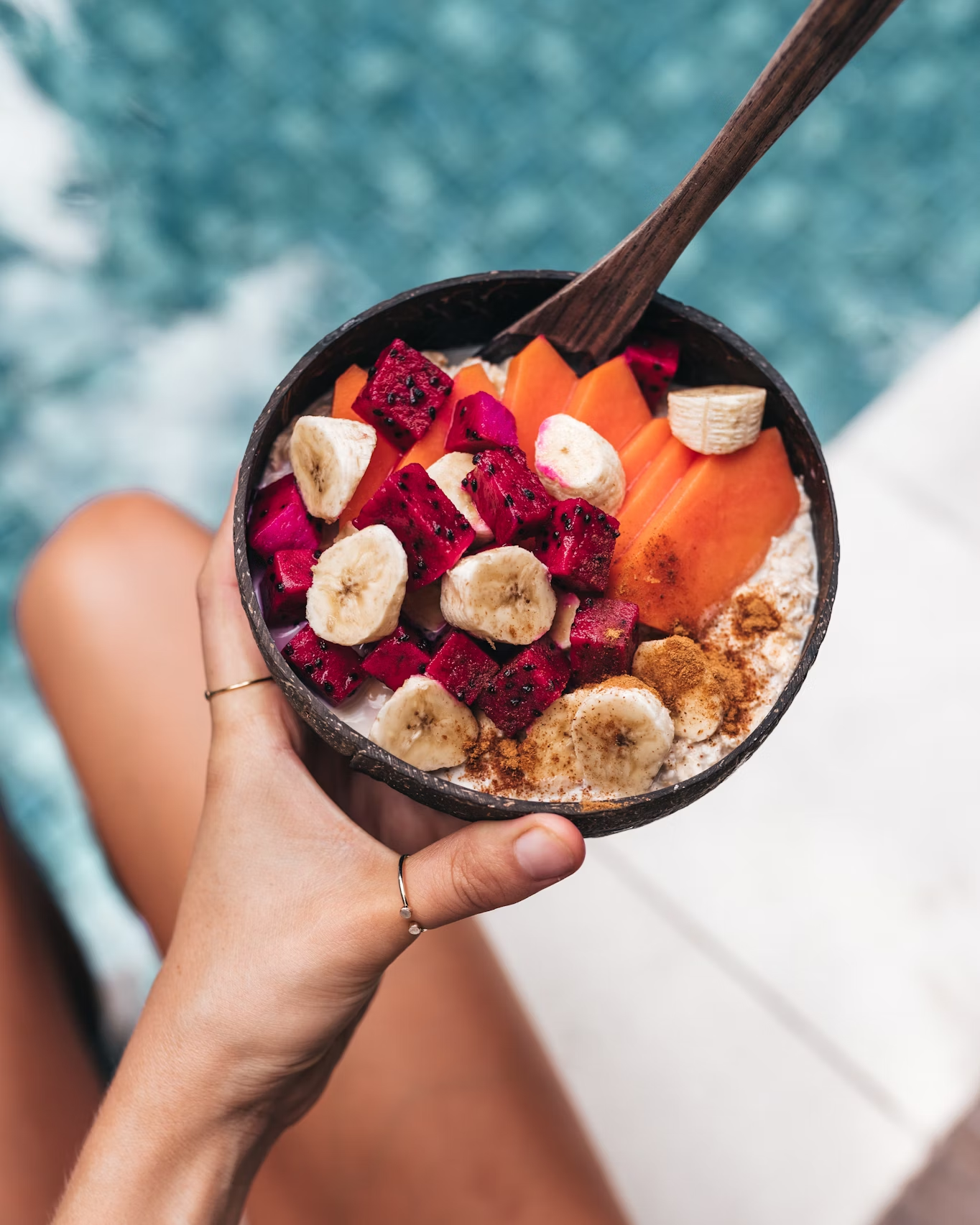What Are the Best Vitamins for Brain Health? Here’s What Your Brain Might Be Missing
Healthy’s Summary
If your brain feels foggy, your memory isn’t quite what it used to be, or your focus is all over the place—your body might be trying to tell you something. Specifically, it could be missing key vitamins that help your brain do its thing.
Certain vitamins—like B12, D, E, and even C—play crucial roles in everything from protecting your brain cells to helping with energy, mood, and memory. And while you can get them through food, many people fall short due to diet, age, lifestyle, or health conditions. That’s where supplements might come in.
Still, this isn’t a one-size-fits-all fix. What works for someone with a vitamin D deficiency might do nothing for someone else with low B12. Your age, diet, and medical history all matter when it comes to giving your brain the support it really needs.
Why Vitamins Matter So Much for Brain Health
Vitamins are more than just something you take in the morning with your coffee—they’re actually involved in how your brain functions at a cellular level. That means your ability to think clearly, regulate your mood, and remember stuff is all tied to having the right nutrient support. So why do vitamins for brain health matter?
When your brain doesn’t get enough of the key vitamins it needs? That’s when trouble can start—things like low energy, forgetfulness, or even mood swings.
Let’s take a look at the vitamins that really earn their spot in the brain health conversation.
The Brain’s Vitamin Dream Team
Vitamin B12 (and Other B Vitamins)
If there’s one vitamin that shows up in almost every conversation about brain health, it’s B12. It helps with nerve function, memory, and the production of red blood cells that keep your brain oxygenated.
Low B12 can lead to brain fog, poor concentration, and even depression-like symptoms. Older adults and vegetarians are especially at risk since B12 is mostly found in animal products.
Other B vitamins—like B6 and B9 (folate)—are involved in mood regulation and neurotransmitter support.
Best for: Low energy, memory trouble, mood imbalance.
Vitamin D: The Sunshine Brain Booster
Often called the “sunshine vitamin,” vitamin D does way more than support bones; it is a very important vitamin for brain health. It’s linked to brain development, mood, and possibly even neuroprotection. Low levels have been associated with a higher risk of cognitive decline and depression.
If you live in a cloudy climate, work indoors, or have darker skin (which affects natural vitamin D synthesis), you might not be getting enough.
Best for: Brain aging support, low mood, immune-brain connection.
Wanna dig deeper? See our other article: Are You Low on Vitamin D? Why It Matters More Than You Think.
Vitamin E: The Antioxidant Defender
Vitamin E is a powerful antioxidant that helps protect brain cells from oxidative stress—basically, the kind of internal “rusting” that comes with aging. Some studies have found that people with higher intakes of vitamin E had a lower risk of Alzheimer’s disease and better memory performance.
That said, high doses of vitamin E in supplement form aren’t for everyone—too much can increase bleeding risk, especially if you’re on blood thinners.
Best for: Aging brains, antioxidant support, long-term brain protection.
NIH: Vitamin E for Brain Health
Vitamin C: Not Just for Immunity
Vitamin C is often associated with fighting off colds, but it also plays a role in producing neurotransmitters and protecting the brain from oxidative damage. Low levels of vitamin C have been linked to poor attention and cognitive function, especially in older adults.
It’s also important for iron absorption, which is essential for brain oxygenation. So it’s kind of a multitasker.
Best for: Mental sharpness, focus, stress support.
Choline (Honorable Mention)
Not technically a vitamin, but often grouped with B vitamins, choline is crucial for producing acetylcholine—a neurotransmitter involved in memory and learning.
Most people don’t get enough, and it’s especially important during pregnancy for fetal brain development.
Best for: Learning, memory, early life brain development.
Ask Healthy
Do You Need a Supplement?
Here’s where it gets personal. If your diet is pretty balanced and you don’t have any underlying deficiencies, you might not need a vitamin for brain health at all. But here are a few signs it could be worth considering:
- You’re feeling more forgetful or foggy than usual
- You follow a vegan or vegetarian diet (B12, choline, and D may be low).
- You’re over 50 (your body absorbs certain vitamins less efficiently with age).
- You spend very little time in the sun (hello, vitamin D).
- You’re under a lot of stress or dealing with mood swings.
Still, it’s a good idea to get your levels tested before you supplement, especially with B12 and D.
Food First (But Supplements Can Help)
You can get a brain-supportive boost from whole foods like:
- Eggs (B vitamins and choline)
- Fatty fish (D and B12)
- Leafy greens (folate and vitamin C)
- Nuts and seeds (vitamin E)
- Citrus fruits and bell peppers (vitamin C)
But if you’re not hitting those consistently—or if your needs are higher—high-quality supplements can fill in the gaps.
Just make sure to choose trusted brands, avoid mega-doses unless prescribed, and always check in with a healthcare professional if you’re mixing supplements or medications.
Last Bite
Vitamins for brain health might not be flashy, but they’re foundational. If your brain’s been feeling off, it could be your body calling for a little extra nutrient love.
The right vitamins can support memory, focus, energy, and mood—but the key is knowing which ones your brain actually needs, and how to use them smartly.
Think of it as giving your brain a daily dose of “you got this.”
Want to dig deeper?
Healthy Gut: Healthy Aging
As we age, our digestive system changes, but staying healthy and comfortable is still within reach. “Healthy Gut, Healthy Aging” helps seniors take control of their gut health with tailored advice for managing slower digestion, nutrient absorption, and gut microbiome changes.
Learn how medications, chronic conditions, and simple diet adjustments can affect your gut—and discover easy ways to keep it thriving. Whether it’s finding relief from constipation, exploring probiotics, or improving digestion to feel more energized, this program supports your journey to digestive wellness at any age.
Enroll in one of Healthy’s Programs to log, track and learn more about your Health, one conversation at a time.
Learn More




